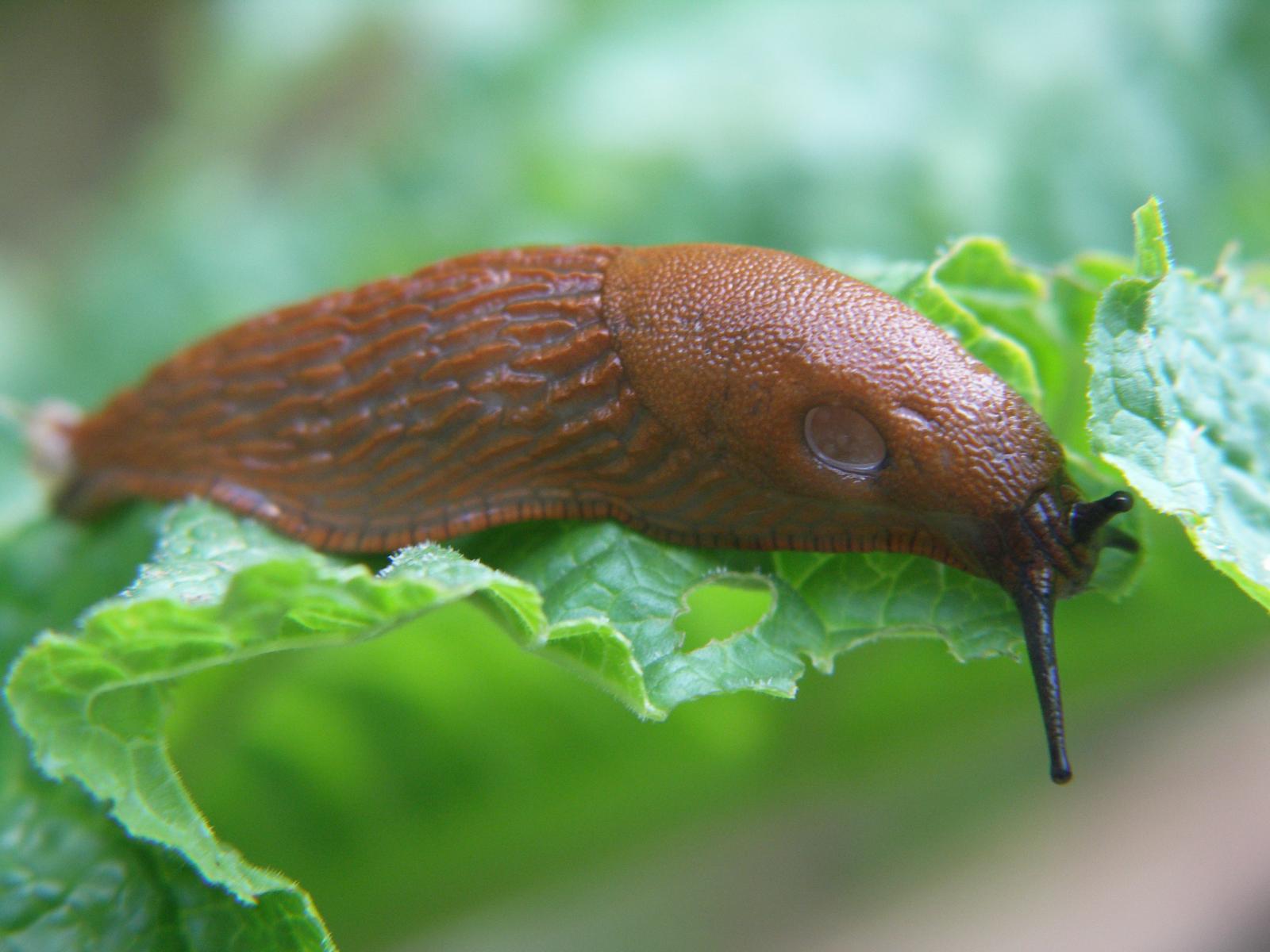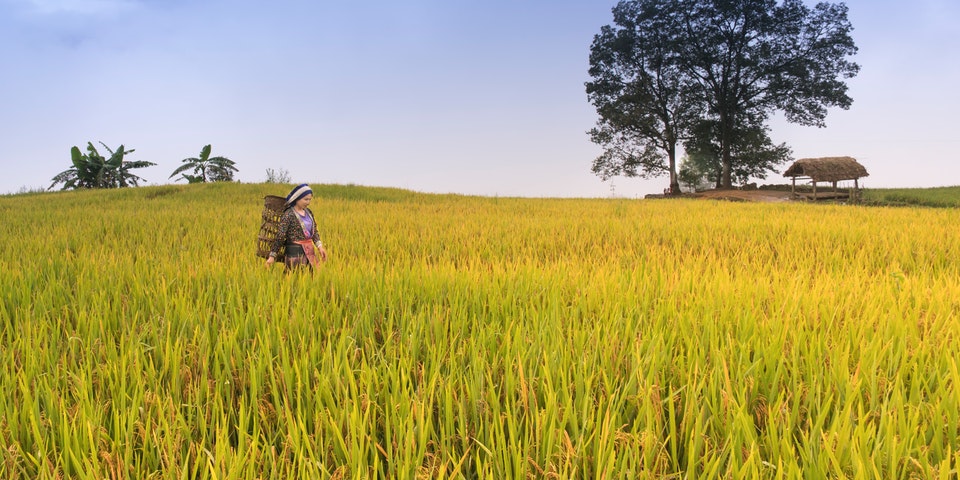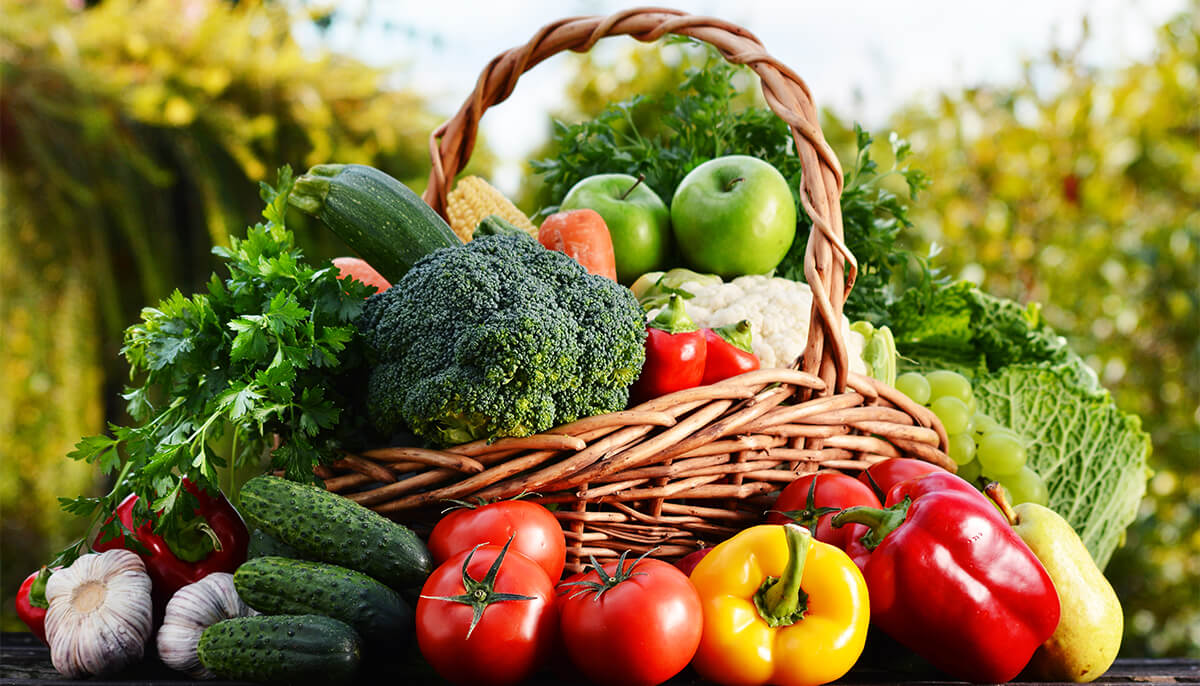Slugs are hammering one field, and voles are making unsightly holes in another. How much damage from each pest can we stand? What can we do about them this year? Next year?
The Indiana certified crops adviser panel answering this question includes Danny Greene, Greene Crop Consulting, Franklin; Abby Horlacher, Nickle Plate Consulting, Frankfort; and Brian Mitchem, Farmer 1st Agronomy Consulting Services, Decatur.
Greene: Slugs thrive in areas with heavy residue, especially where residue and live material like cover crops hold on to moisture and provide protection. Slugs do the most damage to stands during emergence. Unfortunately, once identified, slug treatments are seldom cost-effective.
Options for future years include improving drainage, using row cleaners to move trash off rows, planting when warmer, or spreading residue and disrupting the environment with tillage. Make sure the soil is suitable and the seed slot is sufficiently closed at planting.
Voles thrive in no-till soybeans after lodged corn or in heavy corn residue. By the time you find vole activity, they have often eaten an area the size of a pickup truck. Zinc phosphide baits are available but may not prove cost-effective. Vole management includes adequately spreading residue behind the combine or with tillage.
Horlacher: Unfortunately, these are two pests that truly do not have good solutions. Voles are the hardest to eradicate without using some type of tillage tool that goes 3 inches deep to destroy tunnels. Keep the voles’ natural predators around, such as coyotes. Consider eliminating coyote hunting in fields that are being overrun by voles.
Slugs have a larger presence in wet springs. Limit ideal conditions by managing water on the field. Install waterways or tile. Cover crops can increase pest presence. Manage cover crops in a timely manner. Only a few products can kill slugs. They need to be sprayed when slugs are out, right before sunrise. The best answer to slug damage is to wait for it to warm up. Replant once mornings are too hot for slugs to come out and feed.
Mitchem: Follow the same guidelines for replant like you would with weather-related stand loss. The exception is that slugs need to complete their lifecycle for damage to stop. If weather conditions favor slug growth, it is reasonable for slugs to further damage stands before naturally declining during summer.
In-season, there are metaldehyde bait options. Commercial baits that attract and kill slugs can be effective. Spreading closer to evening when slugs are more active helps improve performance. Not all slug control products are registered for use in Indiana. Read and follow all label directions.
In future years, manage residue with tillage. Also, use fall-applied, residual herbicides to manage vegetation into the early spring, and remove seed-applied insecticides from your seed treatment package. These products tend to kill beneficial insect predators that control slugs. Seed insecticides have no impact on slugs.
Voles are a challenge. Be careful with baiting. Natural predators can accumulate bait in their system. As you remove cover from their burrow area, voles become more vulnerable to natural predators.
Source - https://www.farmprogress.com













